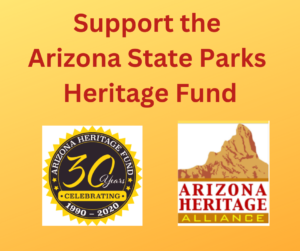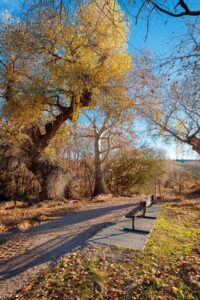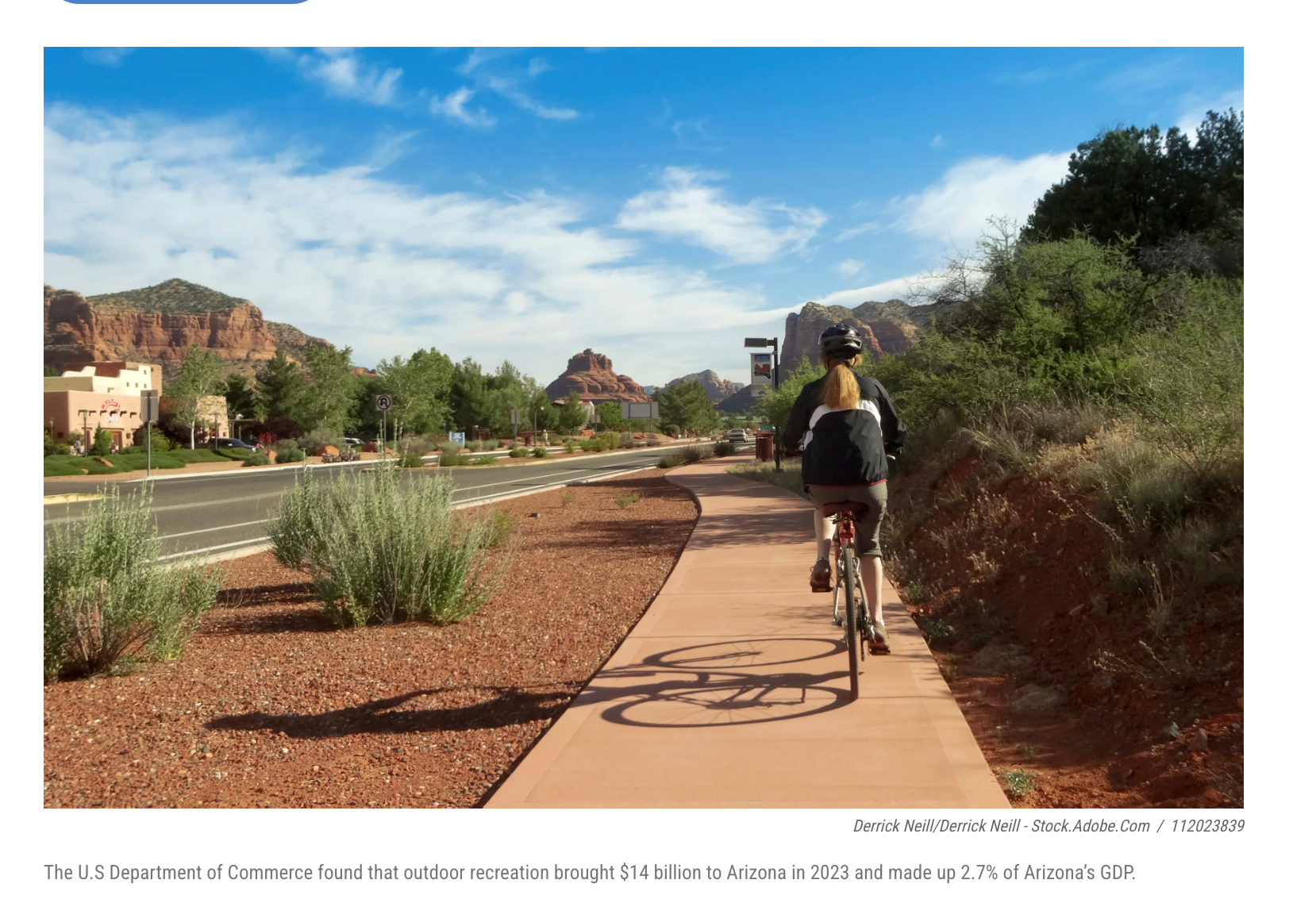Dear Arizona Heritage Alliance Members, Partners, and Friends,
On behalf of the Arizona Heritage Alliance Board of Directors, I’m proud to share three important victories in Arizona’s newly approved Fiscal Year 2026 budget – successes that underscore the real impact we’re making together to protect and promote our state’s historic, cultural, and natural treasures.
These achievements are more than policy wins – they are the result of powerful partnerships, strong public advocacy, and a shared commitment to making Arizona a better place for current and future generations.
- $1 Million Secured for the State Parks Heritage Fund
Thanks to our advocacy and your support, the State Parks Heritage Fund will receive $1 million in General Fund support for FY26. This investment reflects both Governor Katie Hobbs’ focus on environmental stewardship, the Legislature’s vote of approval, and the resounding bipartisan public support for conservation across Arizona.
The numbers speak for themselves. According to Noble Predictive Insights (Oct. 2024):
- 84% of Arizona voters worry that young people aren’t spending enough time outdoors
- 80% support increased funding for state parks
- 76% favor restoring the State Parks Heritage Fund
This funding will expand outdoor recreation opportunities, support local economies, and safeguard our shared heritage. It’s a major step forward – but also a reminder of the work ahead to secure lasting, sustainable funding.
- State Historic Preservation Office Kept Open and Funded
With the Arizona State Historic Preservation Office (SHPO) facing a potential shutdown by August, our collective advocacy – led by the Arizona Preservation Foundation and Tucson Historic Preservation Foundation, with the Alliance as a committed partner – helped prevent a devastating loss.
Thanks to emergency gap funding supported by Governor Hobbs and advocated for by Representatives Chris Mathis and Betty Villegas, the Arizona State Parks Board can now use up to $865,000 from the State Parks Revenue Fund to cover SHPO operations should federal Historic Preservation Fund dollars lapse in FY 2025–26. This critical funding would help to preserve SHPO’s 12 full-time staff positions and ensures that Arizona’s preservation infrastructure remains intact.
- $8.5 Million for Local Preservation and Park Projects
The FY26 budget also includes approximately $8.5 million in direct support for local preservation and parks initiatives statewide. This includes:
- $4.5 million for historic projects in Flagstaff, Phoenix, Prescott, and Snowflake
- $4 million for parks and open space projects in Peoria, Scottsdale, and the Verde Valley
These targeted investments illustrate the real, on-the-ground impact of our collective advocacy – benefiting communities, honoring heritage, and enhancing quality of life.
Moving Forward
These wins are significant, but they are not the end of the road. They are proof that coordinated advocacy works – and that the Arizona Heritage Alliance and its allies are driving real change. But we cannot stop here. We must keep building coalitions, engaging the public, and pressing for the long-term restoration of the Arizona State Parks Heritage Fund’s original Arizona Lottery funding. In a time of budget uncertainty, your voice, your outreach, and your support are more important than ever.
A Call to Action
The Arizona Heritage Alliance exists because people like you believe that Arizona’s historic places, cultural traditions, and natural landscapes are worth protecting. We are making a difference – but only if we keep going. Please continue to stand with us. Share our work, speak up, become a member, donate, and stay engaged. Every action you take strengthens our mission.
Contributions can be made online at AZHeritage.org or mailed to: Arizona Heritage Alliance, P.O. Box 16282, Phoenix, AZ 85011. Together, we can ensure that Arizona’s natural, cultural, and historic legacy endures – for our communities today, and for generations yet to come.
With gratitude,
Jim McPherson, President, Board of Directors and Russ Jones, Vice President & Legislative Task Force Chair
 parties, community organizations, and engaged citizens across the state. Yet ongoing state budget pressures make the coming year particularly challenging.
parties, community organizations, and engaged citizens across the state. Yet ongoing state budget pressures make the coming year particularly challenging. 



You must be logged in to post a comment.